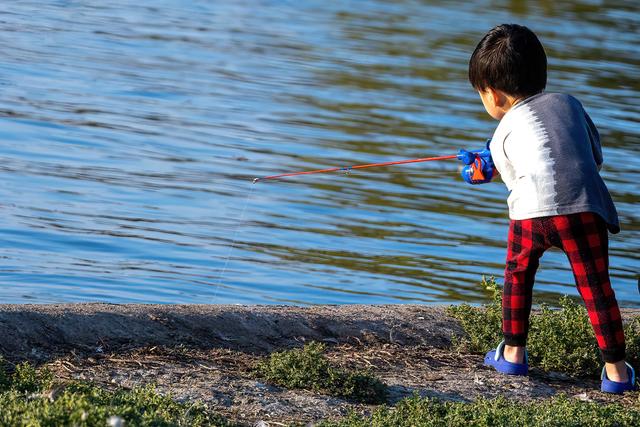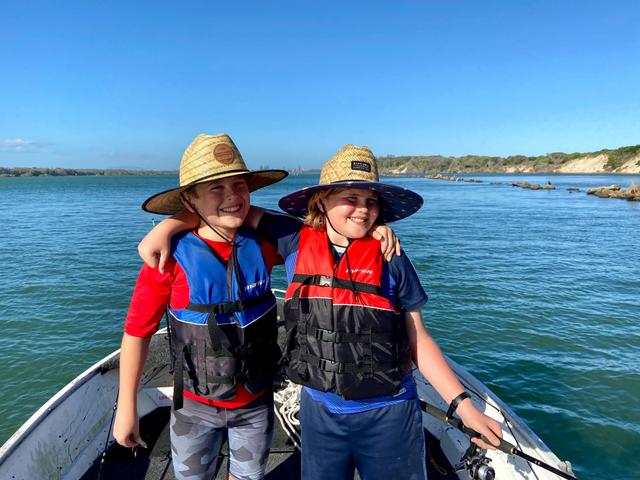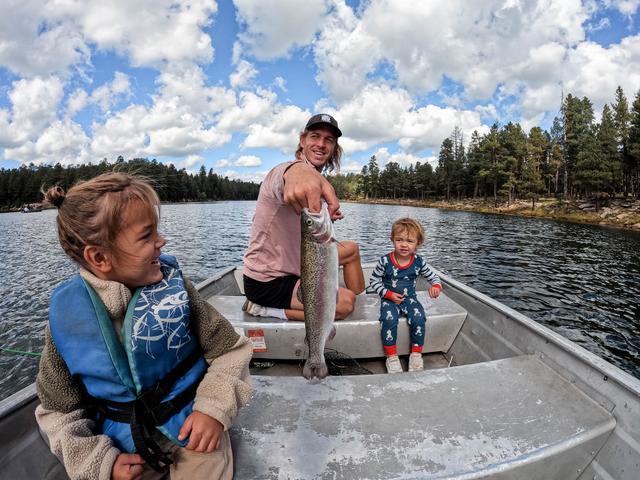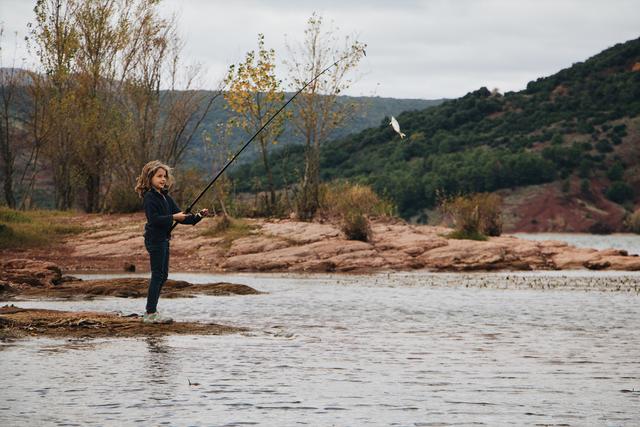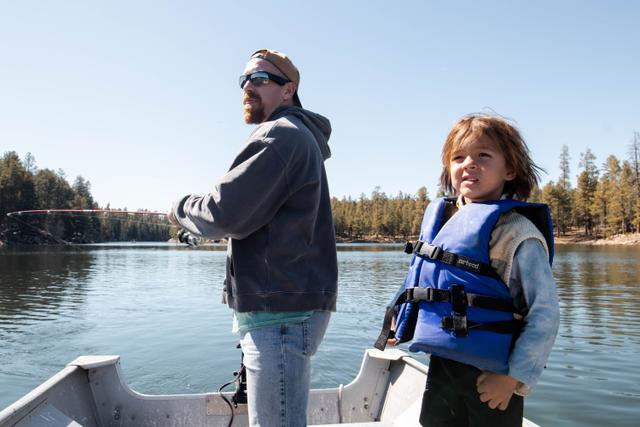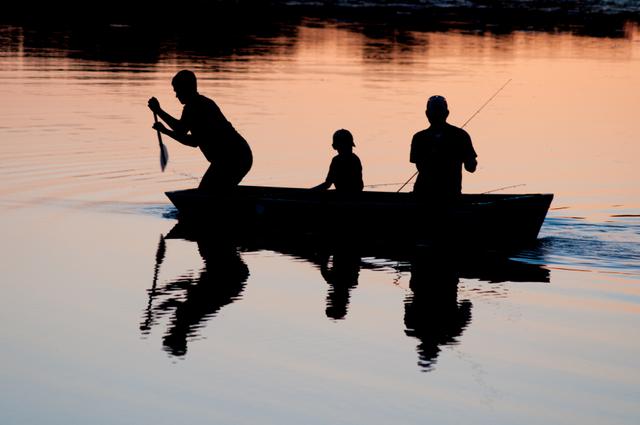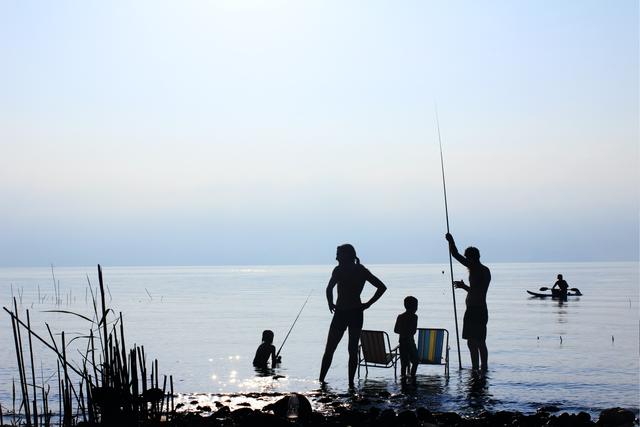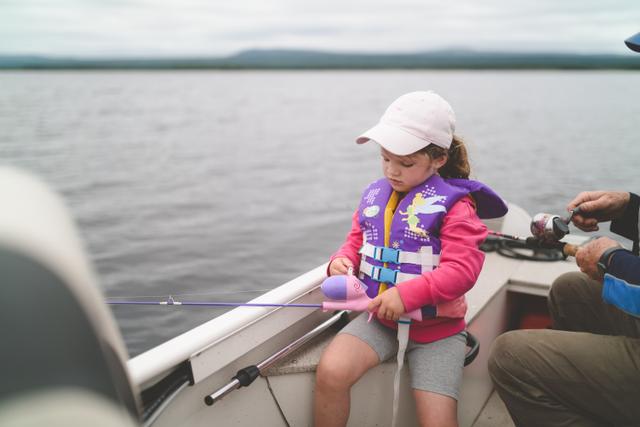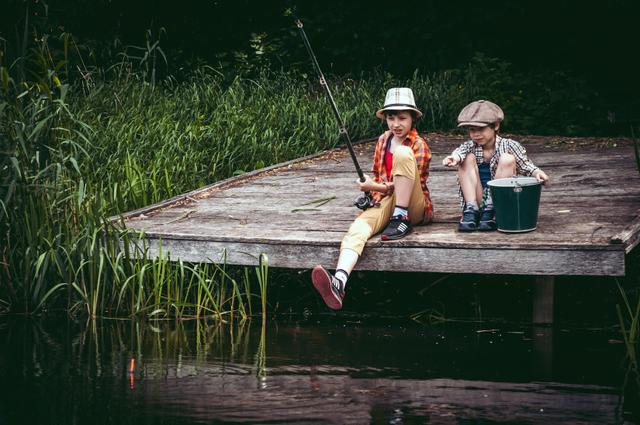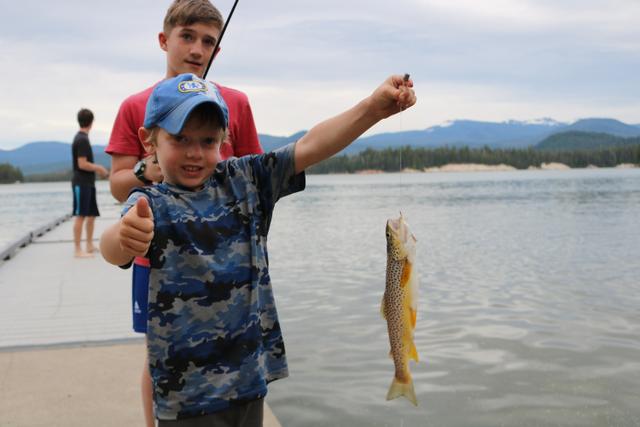Fishing Articles
Fishing For Kids In The UK
Fishing in the UK offers a glimpse into a pastime that not only spans centuries but also deeply embeds itself in the cultural tapestry of the region. Introduced by the Romans around 43 AD, fishing quickly became a staple in the British way of life. This enduring tradition provided a fundamental food source and grew into a thriving industry that still holds significant social and economic value today.
The geographic diversity of the UK, with its vast array of rivers, lakes, and extensive coastlines, creates an ideal environment for various fishing types. This variety invites children to explore the rich maritime heritage of the region. Alongside its historical significance, fishing as a pastime encourages children to engage with their surroundings and gain a practical understanding of British aquatic ecosystems.
In contemporary times, fishing has adapted to become more inclusive and accessible for young anglers. With structured programmes and initiatives across the country, children of all ages have the opportunity to learn fishing techniques, responsible practices, and the ecological importance of sustainable fishing, ensuring that this ancient tradition thrives in modern Britain.
The Benefits of Fishing
Fishing is not just an enjoyable pastime but also a beneficial activity for children's health. Engaging in fishing, kids experience moderate physical activity, which is pivotal for their physical health. Activities such as walking to the fishing spot, casting lines, and reeling in fish stimulate muscle development and improve coordination. Moreover, fishing occurs outdoors, offering children the vital opportunity to soak in sunlight, enhancing Vitamin D levels which are essential for bone growth and immune system health.
Beyond the physical benefits, fishing has significant mental and emotional advantages. The need for concentration and patience during fishing helps in honing focus and reducing stress levels. This mindfulness aspect of waiting for a catch allows children to develop a serene connection with nature, appreciating the rhythms of the natural environment. Socially, fishing can be a communal activity where children learn from peers and mentors, building social skills and teamwork. Furthermore, the accomplishment of catching fish can also boost self-esteem and promote a healthy, active lifestyle among youngsters.
FAQs
What age is appropriate for kids to start fishing? The appropriate age for kids to begin fishing is usually around 6 or 7 years old, but it ultimately depends on the child's maturity and ability to adhere to safety instructions. Some organisations provide specialised fishing classes for younger children, which are designed with safety and education in mind.
What equipment do kids need to start fishing? To start fishing, kids will need basic gear including a fishing rod and reel, a line, hooks, and bait. Additionally, a bucket or a net to hold their catch is necessary. It's important to choose equipment that is suitable for the child's age and size to ensure safety and comfort.
Where can kids fish in the UK? Throughout the UK, kids have numerous options for fishing, including rivers, lakes, and coastal areas. However, it's important to verify local regulations as some locations might require fishing permits or licenses. Always make sure to follow the rules specific to the fishing site.
What safety precautions should kids take when fishing? Safety is paramount when fishing, especially for children. Kids should wear a life jacket or buoyancy aid whenever they are near water. It is also advised that they fish under adult supervision and learn the correct way to handle fishing equipment safely to avoid injuries.
What types of fish can kids catch in the UK? Kids fishing in the UK have the opportunity to catch a variety of fish such as roach, rudd, perch, bream, tench, and carp. The specific types of fish available can depend on the region and body of water. Be sure to familiarise yourself with any local guidelines regarding catch and release practices or species protections.
